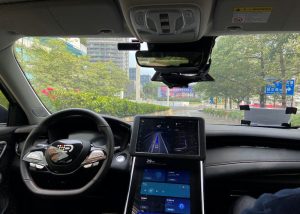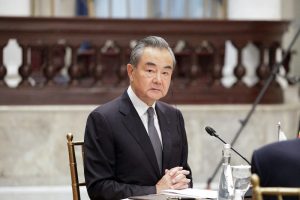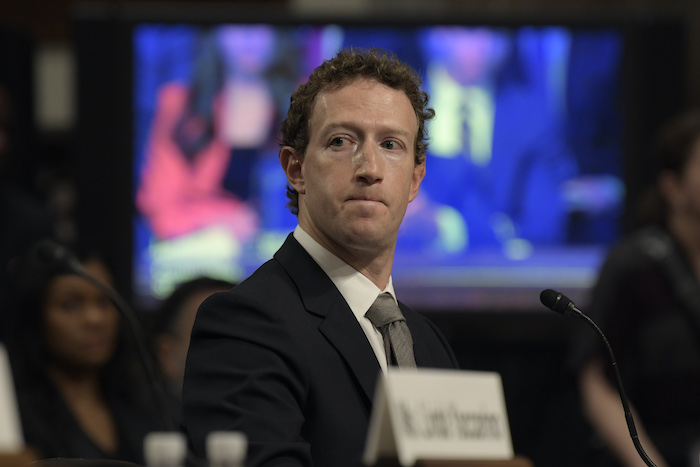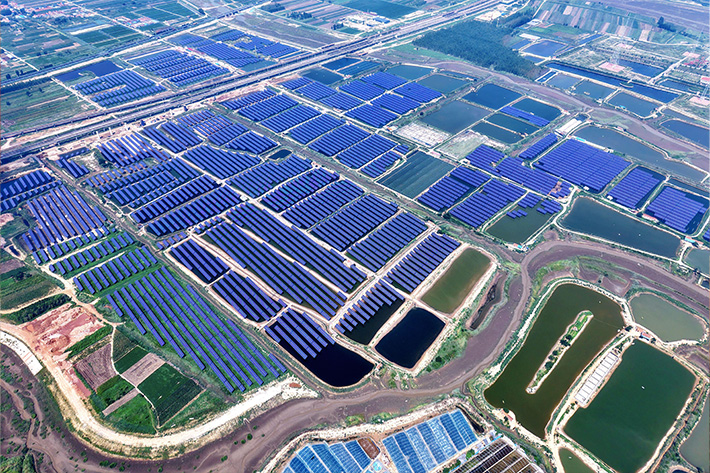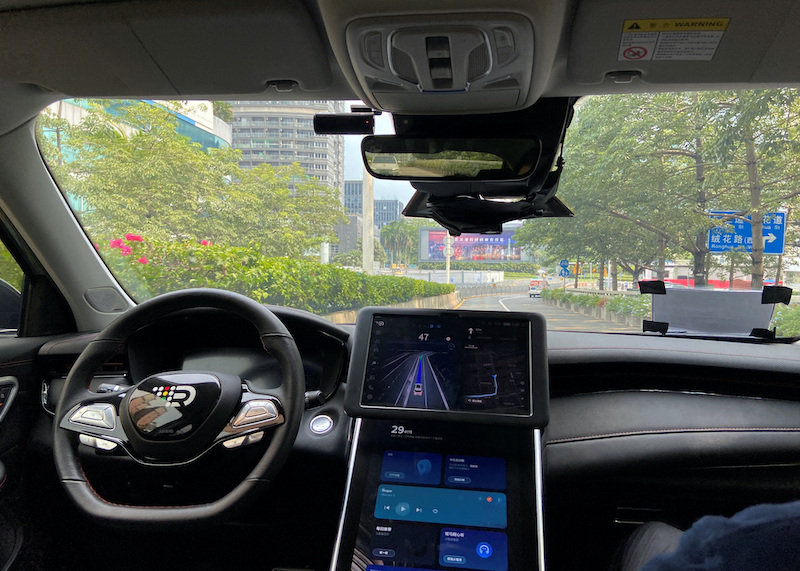Electric vehicle and battery makers in Asia are bracing for a potential election victory for Donald Trump in the upcoming US election — an event that could jeopardise their economies and investment plans.
Korean and Japanese firms had been banking on the US to shore up their sales amid a slowdown and intense competition in China, the world’s biggest car market.
But Trump’s recent statements, vowing to put an end to the current Joe Biden governments “EV mandate”, would put their businesses in the US at risk.
Also on AF: Nervous Hyundai Plans for Trump EV Policy U-Turn
“I will end the electric vehicle mandate on day one, thereby saving the US auto industry from complete obliteration, and saving US customers thousands of dollars per car,” Trump said in a speech on Sunday, formally accepting his party’s nomination as the president candidate for the election in November.
The biggest worry from Trump’s vow remains around the Biden Administration’s $7,500 EV tax credit policy, which had prompted Korean and Japanese carmakers to plan billions of dollars worth of investments in the US.
The tax incentive can only be claimed by companies whose vehicles meet strict guidelines on car assembly in the US, while cutting off much of their supply chain ties to China.
Huge investments
Japan’s Honda, in an effort to become eligible for EV credits, said in March 2023 it would invest $700 million to set up an ‘EV hub’ in Ohio.
Meanwhile, Toyota, which has so far remained a laggard in embracing EVs, said it would invest nearly $8 billion to build a battery plant in North Carolina. The factory is set to come online in 2025.
Investments from South Korean carmakers have been even more extensive.
Korea’s LG Energy Solution said in March 2023 it would invest $5.5 billion (7.2 trillion won) to build a battery plant in Arizona. The company said that would be “the largest single investment ever for standalone battery manufacturing facility in North America”.
In October, it followed that up with another $3 billion deal with Toyota in October to supply EV batteries for cars that will be assembled in the US, and would hence qualify for tax credits.
Similarly, Korean giant Hyundai Motor began work in 2022 on a $5.54 billion EV and battery ‘Metaplant’ in Georgia that it hoped would help its cars qualify for the tax credit.
While this is by no means an exhaustive list of their investment plans, there is no doubt that a huge amount of money hangs on bets of continuity of the current government’s policies.
The China factor
Another key element of the Biden Administration’s policies has been a push to keep Chinese EV-makers cut off from the US market.
View this post on Instagram
For carmakers elsewhere, that has provided a huge opportunity given cheap Chinese cars are flooding markets across Europe and Southeast Asia.
Trump, however, has promised to roll-out the red carpet for Chinese EV-makers.
“Right now as we speak, large factories… are being built across the border in Mexico” by China, Trump said in his nomination speech.
“Those plants will be built in the United States and our people are going to man those plants,” Trump said.
Those comments seem to have gone down well in China, where state media publications are now rallying for Trump, even as he began a scathing trade war against the country in his last term and at one point termed Chinese President Xi Jinping an ‘enemy’.
Fear and greed
If Chinese EV-makers gain access to the US market — where they are yet to make any significant inroads so far — it would not only negate the entire point of EV credit-related investments, it would also force automakers to compete with vehicles as much as three times cheaper.
To combat risks from Trump’s larger stance against EVs, Japan’s Toyota now plans to make all its major models in the US available as hybrids by 2030, according to a Nikkei Asia report.
Korea’s Hyundai and its affiliate Kia are also preparing to overhaul their portfolio to focus more on hybrid cars. Hyundai has also spent at least $520,000 lobbying US states in an effort to prepare for the election.
Hyundai was second-largest EV-seller in the US in the second quarter of the year, according to the Korea Herald.
Risks from a possible Trump victory — chances of which are sharply higher since the assassination attempt on the former President, and Biden’s announcement on dropping-out from the race — have weighed heavily on Korean markets this week.
Shares of LG Energy Solution are down nearly 6% since Biden’s announcement. The company had earned $323 million (447.8 billion won) in US tax credits in the April-to-June quarter.
Similarly, shares of SK Innovation — parent of Korean battery-maker SK On — have shed nearly 5% this week.
EV-maker Hyundai fell around 1.4% on Monday, but jumped more than 3% on Tuesday amid a broader recovery in Korean markets.
In contrast, Chinese EV-makers were on a high on Monday, with US-listed shares of Nio, Xpeng and Li Auto seeing gains between 4 to 6%.
- Vishakha Saxena





